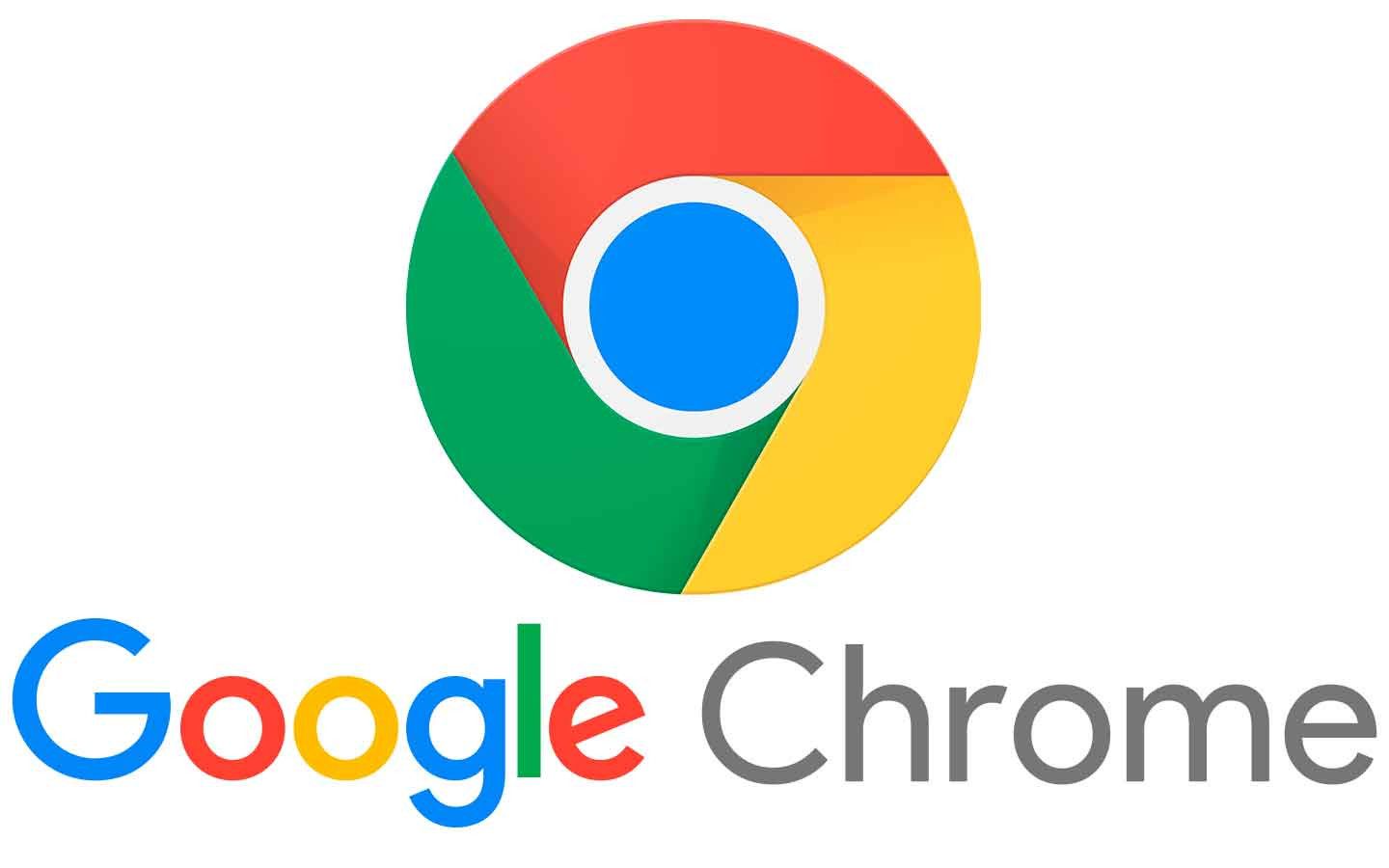Carrier iPhone: Understanding Carrier-Locked Devices

Carrier iPhone: Understanding Carrier-Locked Devices
Introduction
In the world of smartphones, iPhones have carved a niche for themselves with their exceptional design, robust performance, and advanced features. However, when it comes to purchasing an iPhone, consumers often encounter the term "Carrier iPhone." This article explores what a Carrier iPhone is, how it differs from unlocked devices, and the implications for users. By the end of this piece, you will have a thorough understanding of Carrier iPhones and the factors to consider when purchasing one.
What is a Carrier iPhone?
A Carrier iPhone is a device that is tied to a specific mobile network operator or carrier. When you purchase an iPhone from a carrier, it may come with certain conditions, including being locked to that carrier's network. This means that the device will only work with the SIM card from the designated carrier and cannot be used with SIM cards from other providers unless it is unlocked.
How Do Carrier iPhones Work?
Carrier iPhones are typically sold through mobile service providers as part of a contract or payment plan. When purchasing a Carrier iPhone, you often enter into an agreement that includes:
- Monthly Payment Plans: Instead of paying the full price upfront, users can choose to pay for their device in monthly installments, often as part of a larger mobile service plan.
- Contractual Obligations: Most carriers require customers to commit to a contract that lasts between 12 to 24 months. This agreement typically includes terms for service usage and device payment.
- Network Locking: Carrier iPhones are usually locked to the network of the carrier from which they were purchased. This lock prevents the use of other carriers’ SIM cards until the device is unlocked.
Benefits of Carrier iPhones
Choosing a Carrier iPhone can offer several advantages:
- Lower Initial Cost: Carrier iPhones often come at a discounted price compared to their unlocked counterparts. Carriers subsidize the cost of the phone in exchange for a long-term service agreement.
- Convenient Payment Plans: Monthly payment plans allow customers to spread the cost of the device over time, making it more manageable for many users.
- Bundled Services: Many carriers offer attractive service bundles that include data, calling, and messaging plans, which can be convenient for users who prefer an all-in-one solution.
Drawbacks of Carrier iPhones
While there are advantages, there are also some downsides to consider when purchasing a Carrier iPhone:
- Network Lock: The primary drawback is that Carrier iPhones are locked to a specific network. This can limit flexibility if a user wants to switch carriers.
- Contractual Commitments: Users must adhere to a contract, which can be a commitment they may not want to maintain. Early termination can result in hefty fees.
- Limited Choices: Often, Carrier iPhones may not be available in every color or configuration that unlocked models offer. This can limit options for consumers looking for specific features or designs.
Unlocking a Carrier iPhone
After fulfilling the contract obligations, many users may wish to unlock their Carrier iPhone to use it with other carriers. Unlocking typically involves:
- Contacting the Carrier: Users should reach out to their carrier’s customer service to request an unlock. Each carrier has its own policies and procedures for unlocking devices.
- Eligibility Requirements: Carriers may require that the device be fully paid off, not reported as lost or stolen, and not associated with any unpaid balances.
- Unlock Process: Once the request is approved, carriers may provide a code or specific instructions to unlock the device.
Carrier iPhones vs. Unlocked iPhones
Understanding the difference between Carrier iPhones and unlocked iPhones is crucial for consumers:
- Carrier iPhones: These devices are tied to a specific carrier and often come with a discounted price, but they have contractual obligations and may be locked.
- Unlocked iPhones: These devices are not tied to any specific carrier and can be used with any compatible SIM card. While they are typically more expensive upfront, they offer greater flexibility for users.
Choosing the Right iPhone for You
When deciding between a Carrier iPhone and an unlocked iPhone, consider the following factors:
- Usage Needs: Evaluate how often you travel or change carriers. If you frequently switch providers or travel internationally, an unlocked iPhone may be the better choice.
- Budget: If upfront costs are a concern, a Carrier iPhone may offer a more manageable payment option.
- Long-term Plans: Consider how long you plan to stay with your current carrier and whether you are comfortable committing to a contract.
Conclusion
Carrier iPhones offer a unique set of advantages and disadvantages that potential buyers should consider. They can provide an affordable entry point into the world of iPhones, but the associated contracts and network locks may not be ideal for everyone. Understanding what a Carrier iPhone is, how it works, and the implications of choosing one over an unlocked device will help you make an informed decision that best fits your needs. Whether you choose a Carrier iPhone or an unlocked model, staying informed will ensure you enjoy the benefits of your iPhone to the fullest.









Comments
Post a Comment